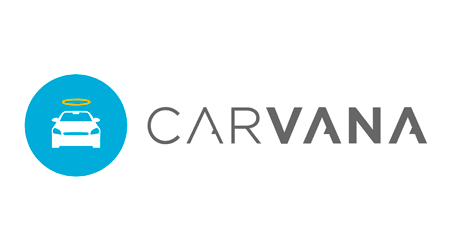Can I get a private seller auto loan with bad credit?
Because lenders often consider buying a car from a private seller riskier than going through a dealership, finding a private party auto loan with bad credit can be tricky — it’s a double risk. You might have better luck using an online connection service, though make sure you’re not working with one that specializes in dealership financing.
You also might want to save for a down payment, since it’s typically easier to get approved for smaller loan amounts. And like with other loans meant for people with bad credit, you’ll probably end up with a higher interest rate.


